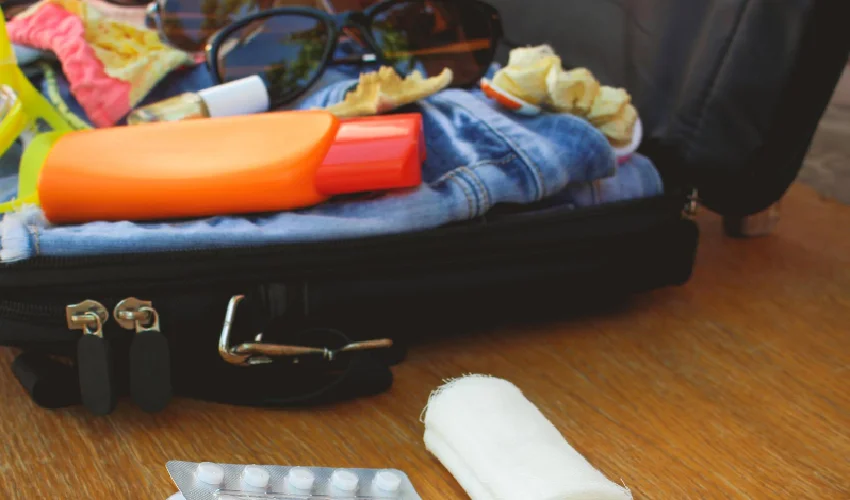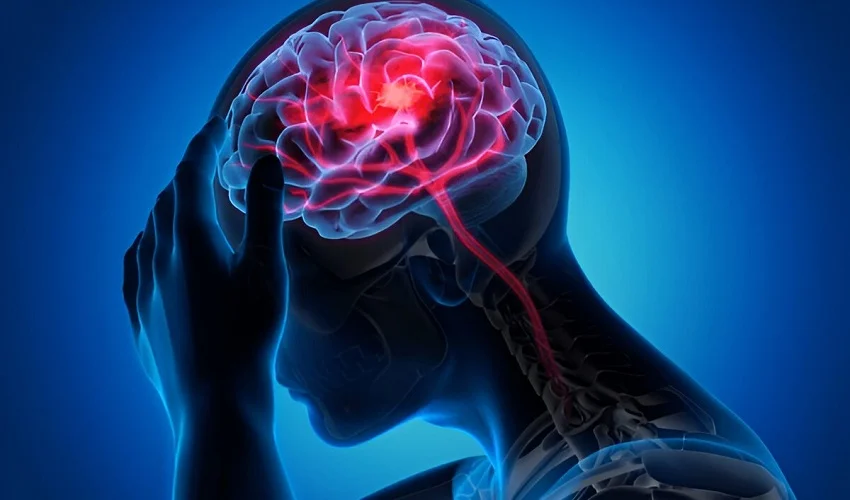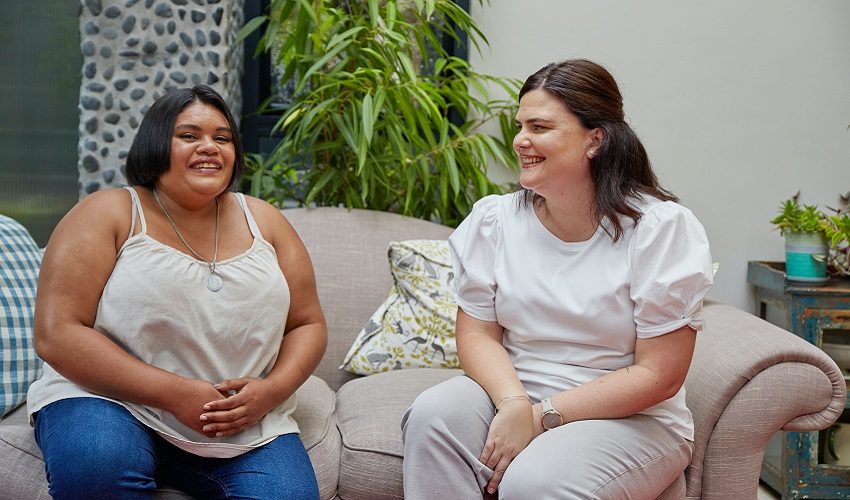Traveling can be an exciting and enriching experience, but for individuals with diabetes, it requires careful planning and preparation. One crucial aspect of travel planning is researching local medical resources at your destination. Understanding the availability of healthcare providers, facilities, and emergency services can provide peace of mind and ensure that you are well-prepared in case of any unforeseen medical situations. In this article, we will explore the importance of researching local medical resources and provide practical steps for diabetic patients and caregivers to follow. By being proactive and informed, you can enjoy your travels while managing your diabetes effectively.
Understanding the Impact of Diabetes on Travel
Diabetes Management during Travel
Traveling can disrupt your regular diabetes management routine. Changes in time zones, meal patterns, and physical activity levels can affect your blood sugar levels. It is crucial to plan ahead to ensure a smooth journey and maintain optimal diabetes control during your trip.
Importance of Accessing Local Medical Resources
Accessing local medical resources is essential for several reasons. In case of an emergency, you need to know where to seek medical assistance promptly. Additionally, having information about local healthcare providers and facilities allows you to access necessary supplies, medication, or medical advice during your stay. Researching and preparing beforehand will save you valuable time and reduce stress if a medical situation arises.
Researching Local Medical Resources
Identifying Local Healthcare Providers and Facilities
Start by identifying local healthcare providers, including doctors, clinics, hospitals, and pharmacies. There are various ways to gather this information:
- Contacting the local embassy or consulate: Reach out to your country’s embassy or consulate in the destination country. They can provide valuable medical information, contact details of English-speaking doctors, and recommendations for healthcare facilities.
- Utilizing online resources and travel apps: Several online resources and travel apps provide databases of local medical facilities, doctors, and pharmacies. Websites like International Association for Medical Assistance to Travelers (IAMAT) and travel apps like Tripadvisor or Google Maps can be helpful in finding healthcare providers at your destination.
- Seeking recommendations from fellow travelers or online communities: Reach out to fellow travelers who have visited the same destination or join online communities specific to diabetes or travel. They can share their experiences and provide recommendations for local medical resources.
Key Considerations for Researching Local Medical Resources
Accessibility and Proximity to Accommodations
When researching local medical resources, consider their accessibility and proximity to your accommodations. Look for hospitals, clinics, and pharmacies that are conveniently located near your place of stay. This is especially important during emergencies or if you need immediate medical attention.
Language Considerations
Language barriers can pose challenges when seeking medical assistance abroad. It is important to assess the local language and consider potential communication difficulties. Some steps you can take include:
- Learning basic medical phrases in the local language: Familiarize yourself with basic medical terms and phrases related to diabetes, emergencies, and medication. This can help you communicate your needs more effectively.
- Preparing medical information in the local language: Create a document with important medical information, such as your diagnosis, medications, allergies, and emergency contacts, translated into the local language. This document can be presented to healthcare providers if language becomes a barrier.
Diabetes-Specific Medical Resources
For diabetic patients, it is crucial to identify diabetes-specific medical resources at your travel destination. Consider researching:
- Endocrinologists or diabetes specialists: Look for local doctors who specialize in diabetes care. They can provide expert advice and assistance if needed.
- Diabetes clinics or centers: Identify diabetes clinics or centers that offer specialized care, emergency services, or support for diabetes management.
- Pharmacies: Locate nearby pharmacies where you can refill your medications or purchase necessary supplies. Ensure they have the required medications and equipment specific to diabetes management.
Gathering and Documenting Essential Information
Contact Information of Healthcare Providers
Compile a list of contact details for local healthcare providers, including hospitals, clinics, and pharmacies. Save these details on your phone, write them down on a portable notepad, or keep them in a digital document for easy access during your trip. Include emergency contact numbers and addresses as well.
Medical Records and Prescriptions
Ensure you have important medical documents and prescriptions with you. Consider the following:
- Essential medical records: Carry copies of your medical records, including your diagnosis, recent blood tests, and any relevant medical history. These documents can provide valuable information to local healthcare providers if needed.
- Prescriptions: Carry an adequate supply of your medications, along with the prescriptions written in your local language. This can facilitate refills or emergency replacements if necessary.
Understanding Local Healthcare Systems
Familiarizing with Healthcare Payment and Insurance
Research the local healthcare payment systems and insurance requirements. Understand how healthcare services are financed and whether you need additional travel insurance to cover potential medical expenses. Contact your travel insurance provider to ensure you have appropriate coverage for diabetes-related emergencies.
Emergency Services and Protocols
Familiarize yourself with the local emergency number and protocols. In many countries, the emergency number is 911, but it may vary depending on your destination. Understand how emergency medical services operate, including response times and transportation options for medical emergencies.
Additional Precautions and Tips for Diabetic Travelers
Carrying Essential Diabetes Supplies
Pack a sufficient quantity of your diabetes medications, testing supplies, and backup equipment. Consider the length of your trip and potential delays or disruptions. Keep these supplies in your carry-on luggage to ensure they are easily accessible.
Communicating Your Diabetes Condition
Carry a medical identification card or bracelet that clearly states your diabetes condition. This can alert healthcare providers and bystanders in case of emergencies. Additionally, inform your travel companions about your diabetes, its management, and emergency procedures. They can provide support and assist in case of any complications.
Learning Basic Phrases in the Local Language
Take the time to learn basic phrases in the local language related to diabetes and emergencies. Simple phrases like “I have diabetes,” “I need help,” or “Where is the nearest hospital?” can make a significant difference in communicating your needs and seeking assistance promptly.
Researching local medical resources is crucial for diabetic patients and caregivers when planning a trip. By understanding the impact of diabetes on travel, identifying local healthcare providers and facilities, and gathering essential information, you can be better prepared for emergencies. Take the necessary precautions, communicate your diabetes condition, and learn basic phrases in the local language to ensure a safe and enjoyable travel experience. With proactive planning and research, you can navigate any medical situation that may arise and manage your diabetes effectively while exploring the world.




